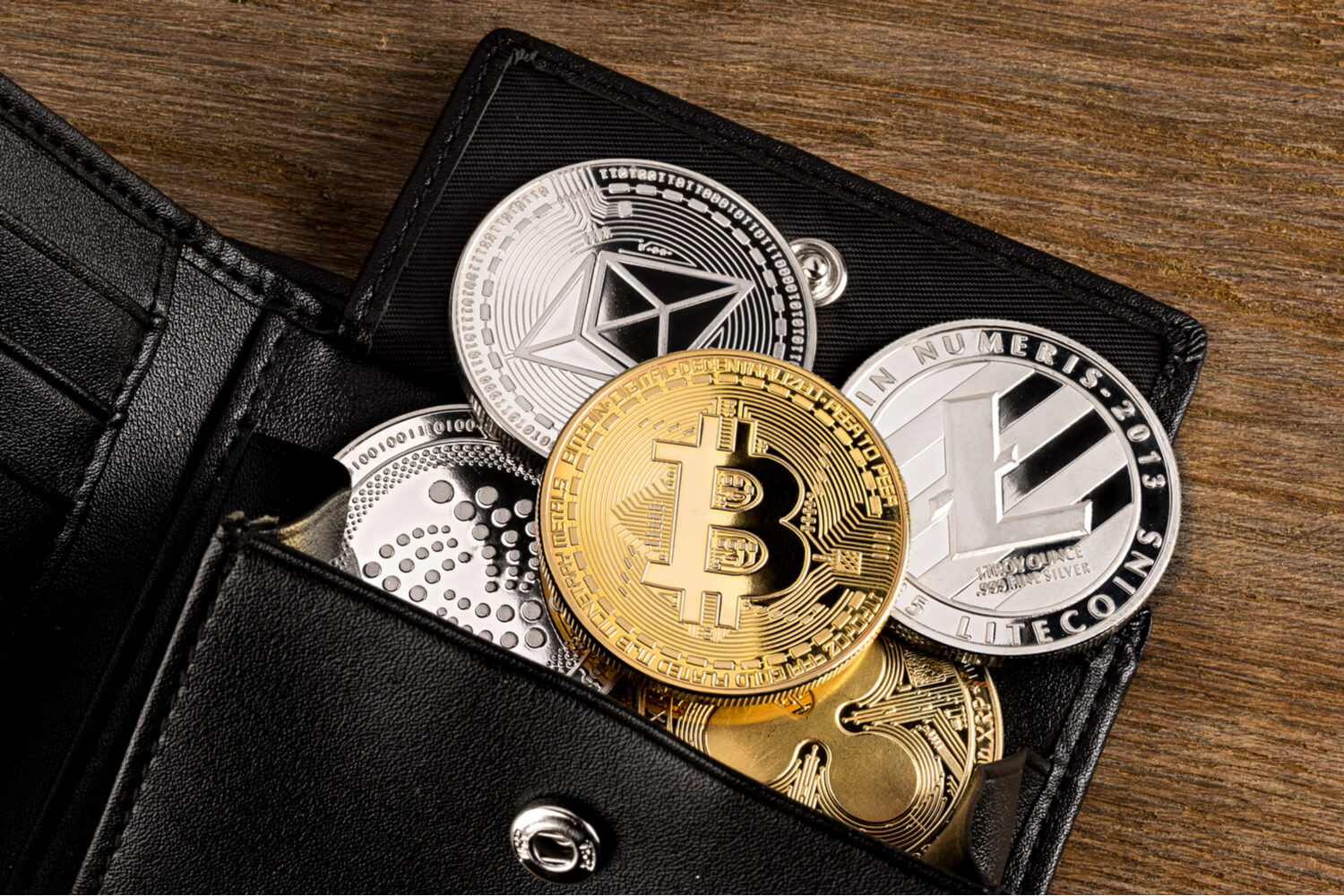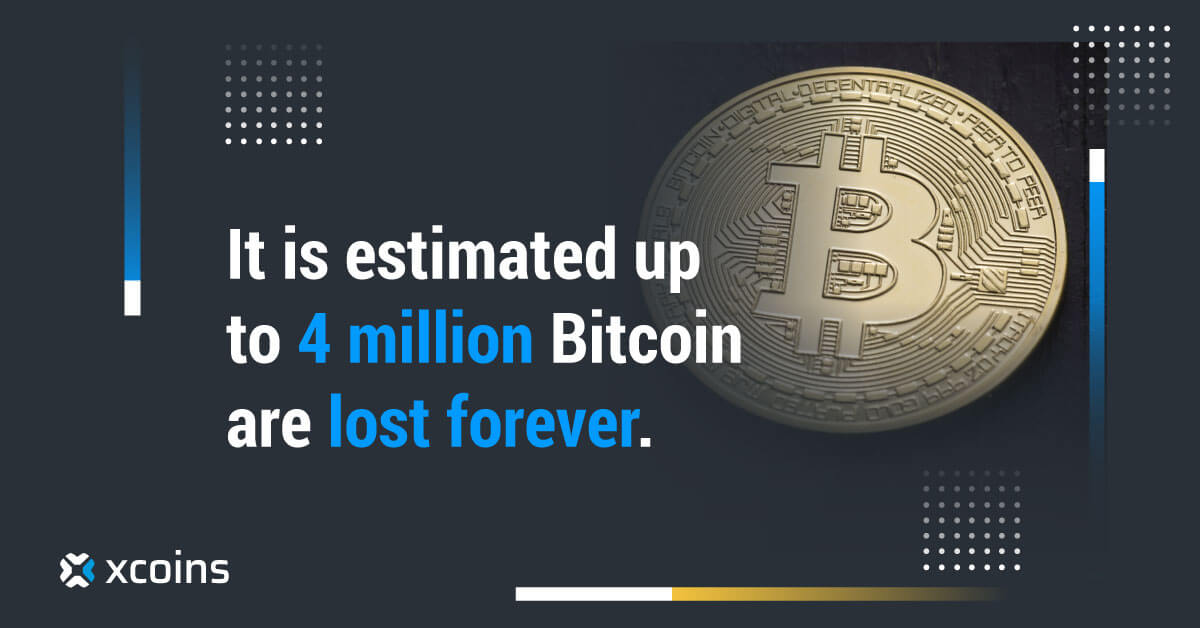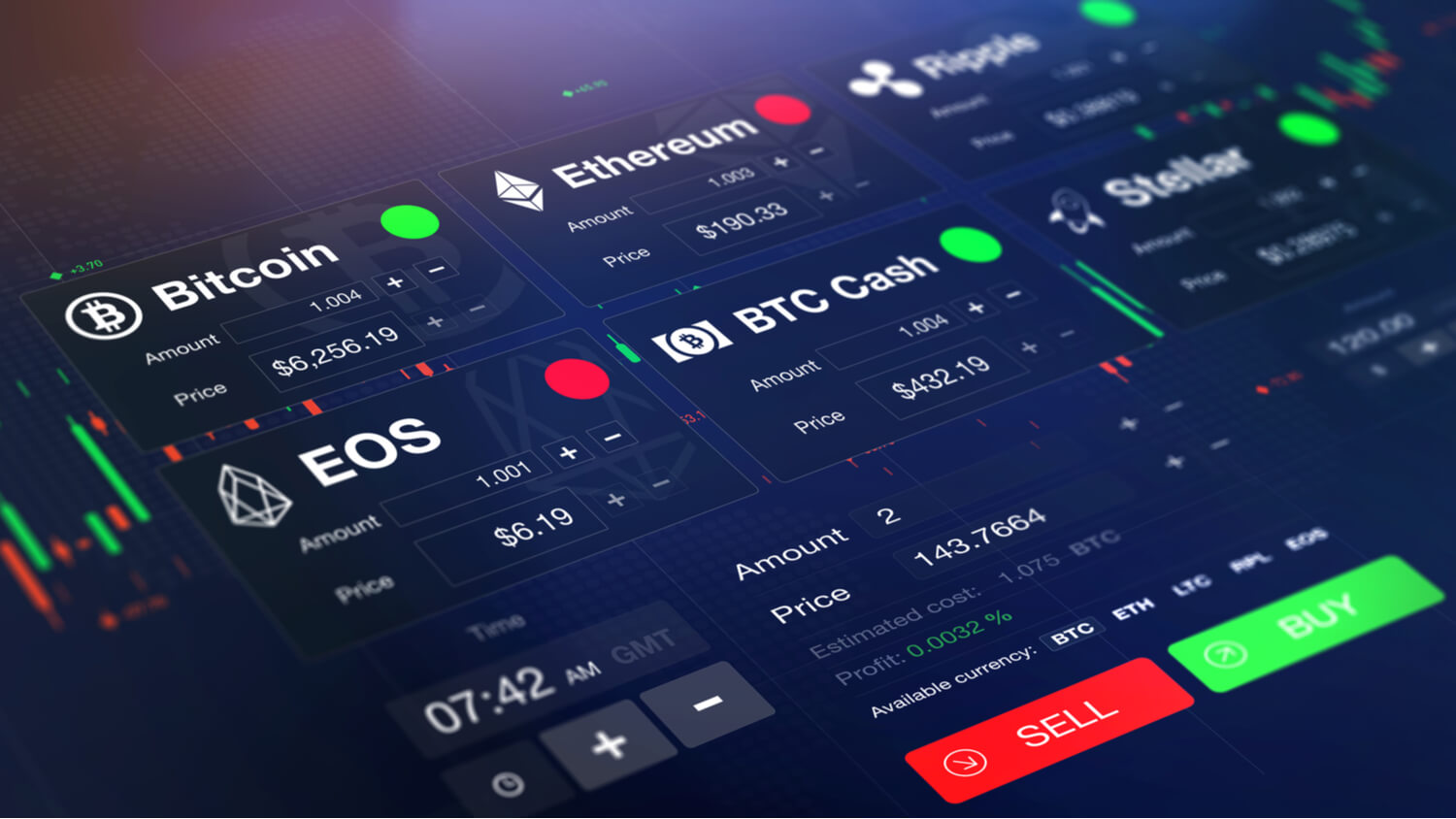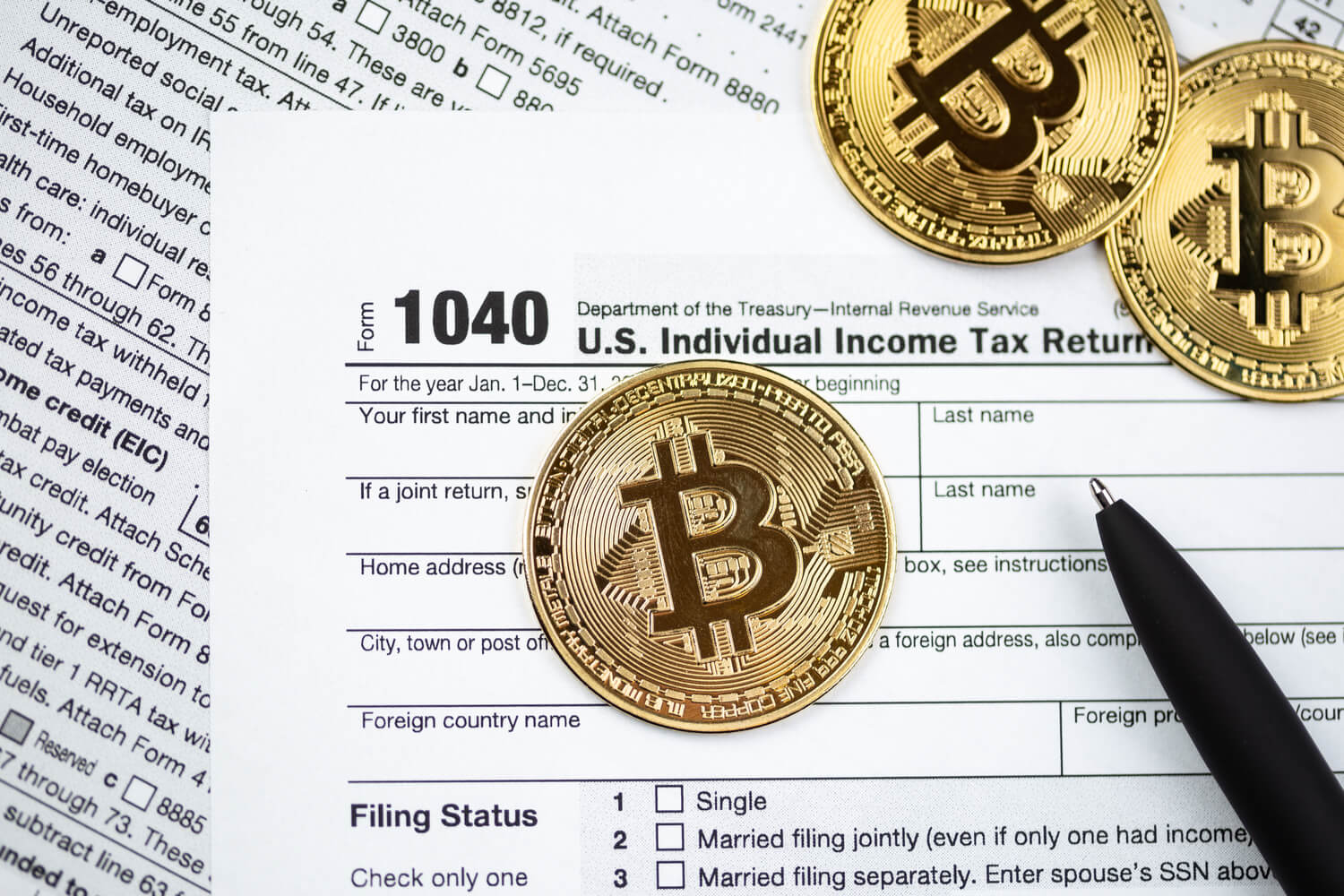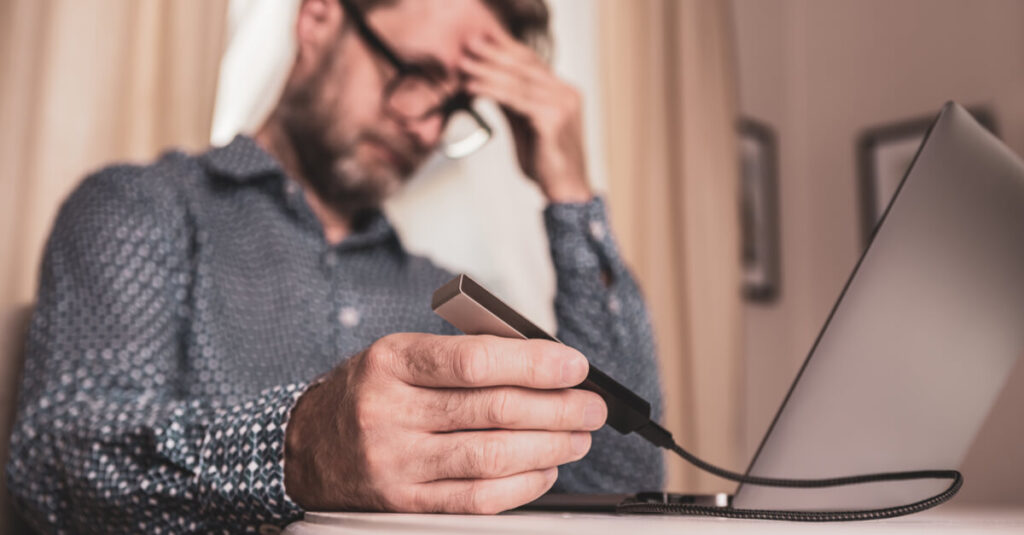
5 (More) Mistakes to Avoid in Crypto
As with any investment, there are things you should watch out for when purchasing cryptocurrency. In a previous article, we shortlisted 5 of the biggest mistakes that you should avoid in crypto. Here, we’ll tell you about another 5 common errors and how you can prevent them.
If you’re thinking of purchasing crypto, it’s worth noting the mistakes that investors commonly make on their journey. By being aware of how they may happen, you’re less likely to make the mistakes yourself and you can better protect your crypto assets.
1. Not storing your crypto responsibly
How you choose to store your crypto is one of the most important decisions you’ll make. Unlike the traditional financial system, where your money is stored in a bank account or with an investment broker, how you choose to custody your cryptocurrency is your responsibility. Failing to store your tokens safely can lead to you losing your holdings, and in most cases, you won’t get them back.
There are several reasons why poor storage may cause you to lose your crypto, including theft, computer faults, an exchange being hacked or your tokens being withheld by an exchange.
If you’ve decided to hold your cryptocurrency long-term, it’s vital that you store it securely, away from the grasp of hackers. The two main types of storage are hot wallets (such as desktop wallets and online wallets, which includes exchanges) and cold wallets. Cold wallets are typically favoured as a more robust storage solution.
However, stashing your crypto securely isn’t just for those with long-term gains in mind. Even if you do plan to sell or trade your tokens in the short-term, you should still ensure that your crypto is stored safely. Our guide on hack-proof ways to secure your crypto assets can help you to choose the right custody solution for you.
2. Forgetting to backup your wallets
To ensure that your coins remain secure and you’re able to access them in the event that you don’t have access to your login details, keeping backups of any wallets you use is of equal importance.
Backups can help to protect you against losing your crypto due to problems with your devices or if you simply lose or forget your password. It’s estimated that 20% of Bitcoin’s current minted supply (3.7 million Bitcoin) is permanently lost, partly due to lost passwords. If your wallet is encrypted, having a backup will also allow you to regain access to your crypto if your computer or smartphone is stolen.
There are a few ways that you should backup your wallets:
- Back up your entire wallet. Some wallets use private data internally that you can’t see. This step is typically required with wallet applications so it’s worth checking whether the wallet you’re using has an automatic backup feature built into it or if you need to do this manually.
- Back up your seed phrases. Your seed phrase is the list of words that is generated by the wallet and given to you so you can access your stored crypto. Your phrase is the key to your crypto assets if you lose access to your account. You should always have a backup of this, either in encrypted software, as a physical copy or both; having multiple secure methods and locations for your backups can bolster your security.
- Back up your passwords and 2FA seeds. Your passwords and 2-factor authentication (2FA) codes are your first line of access to your wallet. It’s crucial to have a backup of both your wallet’s password and the seed used to generate your 2FA codes, just in case.
3. Double-check your recipient’s address
One of the luxuries of cryptocurrency is the freedom to make peer-to-peer transactions without the need for an intermediary. However, as the saying goes, “with freedom comes responsibility”, and in this case, you’re personally responsible if you make a mistake when sending your crypto.
Before you send any of your crypto, double-check that the recipient has given you a wallet address for the same type of token. It’s best practice to send a small amount of crypto first as a test transfer to ensure that it’s heading to the right place. This step is vital if you’re sending a large payment.
4. Using the wrong exchange
The exchange you choose is an integral part of your success. For example, choosing an insecure or poorly designed exchange can put your crypto at risk of theft. Here are some factors you should consider:
- Legitimacy: Before you part with your money, do thorough research to ensure that the platform you’re considering isn’t a scam website. Check for reviews to verify its reputation and look at the exchange’s security protocols to confirm that your crypto will be kept safe.
- Payment methods: Each platform has its own rules on which payment methods it allows so check the exchange supports your payment method before you begin the signup process.
- Fee structure: Some exchanges charge hefty fees for different cryptocurrencies and purchase methods. Have a look at the fee structure to make sure that you won’t be charged unnecessarily exorbitant fees.
Here at Xcoins, we’re making it easier than ever to buy and sell crypto. You can purchase using your debit or credit card, or bank transfer, and you’ll receive your crypto within 15 minutes once the payment is approved, or your next transaction will be fee-free. To find out how to register and which coins we offer (including Bitcoin, Ethereum, and Dogecoin), visit our website.
5. Forgetting about tax
While this is far from a fun topic to think about, if you’re planning to make significant cryptocurrency investments and make use of any gains, you need to consider your tax obligations.
The first step is to be aware of the crypto tax regulations in the country that you reside in. For example, Bitcoin taxes for US citizens differ depending on how the asset is held, earned, and traded.
Understanding the tax rules can be beneficial because, if you plan to make crypto one of your main sources of income in the long-term, you may want to live somewhere where the applicable taxes are favourable. It’s best to speak to a tax accountant or legal professional so you can ensure that you’re paying the correct taxes and don’t run into any problems down the line.
Keeping your crypto safe
As mentioned throughout this article, a lot of the mistakes that people make in crypto have put their assets at risk. Being aware of best practice is key to keeping your funds safe and protecting yourself from avoidable mistakes that may cost you potential gains in the future.
Always exercise caution when purchasing and handling your crypto and seek professional advice where necessary to keep your assets secure.
To stay up to date on all things crypto, like Xcoins on Facebook, and follow us on Twitter, Instagram, and LinkedIn.


